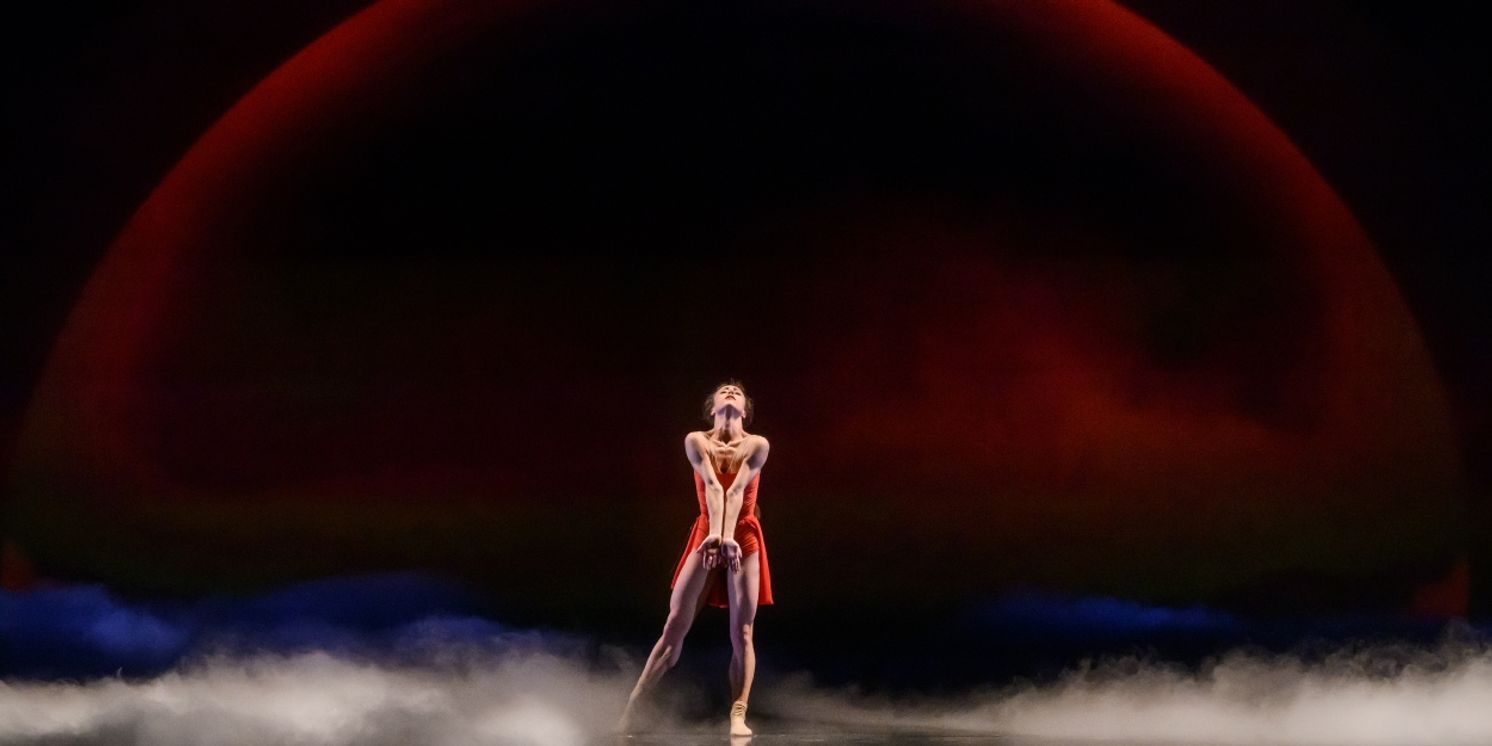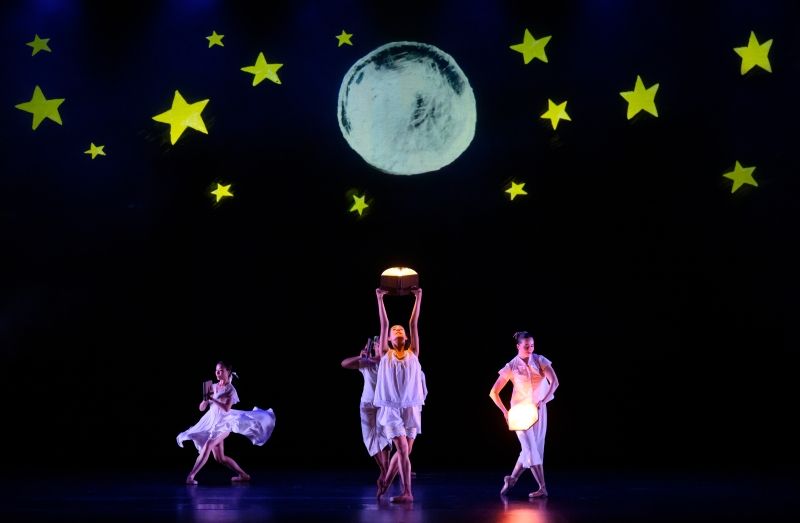Review: LUNA, Sadler's Wells
A wonderful introduction to ballet’s potential to ignite and inspire change.

![]() I’ve never hesitated to express how firmly I believe in the vitality of the arts as a vehicle for change, rather than purely a means of entertainment. Few mediums capture this transformative power with the nuance and complexity of ballet.
I’ve never hesitated to express how firmly I believe in the vitality of the arts as a vehicle for change, rather than purely a means of entertainment. Few mediums capture this transformative power with the nuance and complexity of ballet.
Birmingham Royal Ballet’s Luna is a promising attempt at this mission, guided by the vision of five female, international choreographers to narrate the complexities of womanhood—its beauty, struggles, and power. While Luna has some notably powerful moments, and the music is beautiful, it ultimately falls short in its current form. Yet, it is a wonderful introduction to ballet’s potential to ignite and inspire change.
Luna unfolds in two acts, each with three distinct scenes offering an interpretation of womanhood. We begin with Terra by Wubkje Kuindersma, which, despite its aims, feels disjointed and struggles to find cohesion. Following this is Seeta Patel’s Learning to Dream Big. The piece, though very much on the nose, finds a way to make its sincerity feel authentic and impactful. Its charm lies in its nurturing spirit, as it sweetly captures the journey of five young women discovering their passions, embracing their flaws, and stepping into the worlds they create for themselves and each other.

The first act closes with Thais Suarez’s Unwavering, which is visually stunning and a testament to the power of personal and communal strength. However, the momentum fades in Act Two. While the dancers display undeniable talent, strength, and a commitment to storytelling, the choreography doesn’t offer them the material they need to fully soar, leaving this half of the performance feeling a bit underwhelming.
The aspirations of Luna are undeniably hopeful, and this is where it finds its greatest strength. Ballet still suffers from an imbalance in the voices it elevates, with male choreographers disproportionately receiving larger platforms. That’s why it’s so refreshing to see female choreographers' visions take centre stage at a venue like Sadler’s Wells. The international perspectives they bring feel vital and refreshing.
It was also heart-warming to see Luna feature an adorable children’s chorus, punctuating scenes with innocence from the problems of our society, which enriches the goals of the performance. Knowing that these young performers are being exposed to such diverse views of the industry offers hope for a future shaped by their leadership. Kate Whitley’s score is also sensational, drawing Luna closer to the lasting impact it aspires to achieve.
Luna falls short in its overall cohesion. The scenes feel too separate, and it comes across as six showcases of individual talent, rather than using this talent to tell a meaningful story or send an important message. A stronger through line would have elevated the overall performance. Currently, its force is not powerful enough to fully challenge, affirm, or empower any views on womanhood or the female experience.
As a cisgender man, I want to give my final words on Luna to those of a woman I find very inspiring, just as Luna does. In an ode to her Gran, performer Olivia Dean sings, “Look at all the trouble that you made, carved your initials in this island.” Our industry should create trouble, it should disrupt and transform. Steered by five trailblazing women, Luna is well on its way to doing so.
Luna is at Sadler's Wells until 23 October
Photo Credit: Katja Ogrin
Reader Reviews
Videos

